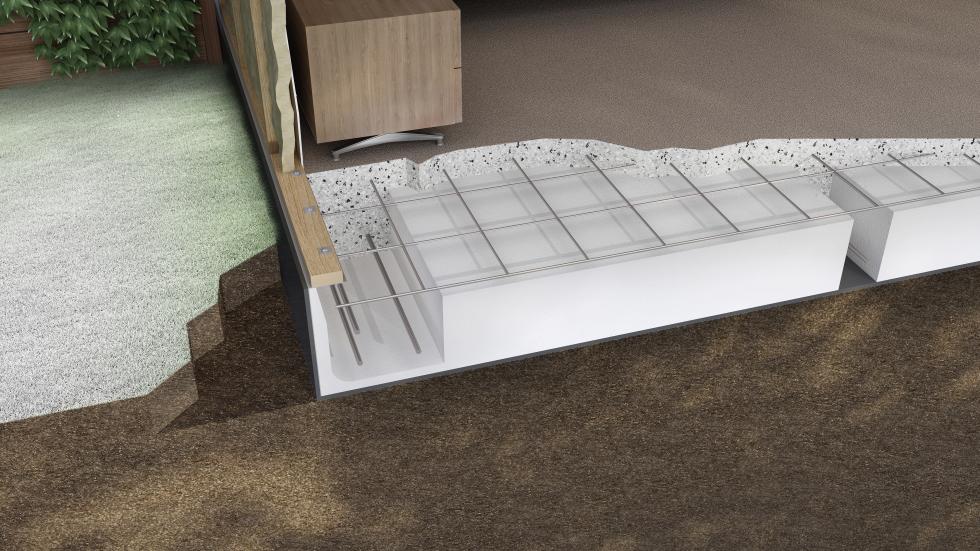
Posted May 12, 2021
Sustainability and ethical processes have become more important than ever in the wake of growing concerns about climate change. Consumers want to know that they are putting their money in the right place by supporting businesses that are climate change friendly. With these issues at the forefront of major decisions, it’s more apparent than ever that transparency is critical. So part of the buying decision process now involves researching a business’ environmental and sustainability practices.
In recent years, manufacturing industries have had to take a serious look at their impacts on the environment. At MAXRaft®, the environment has been front and centre of our practices from day one. In this article, you will discover how MAXRaft® approaches environmental concerns and ensures that our impact is on your energy efficiency, not the environment.
With heightened awareness of sustainable homes, various certification programmes have emerged which measure the sustainability of a house. One of which is Homestar, this certification measures the health, warmth, and efficiency of New Zealand houses. Homestar award points across several categories: density & resource efficiency, energy, health & comfort, water, waste, materials, site, home management, and an optional innovation category. MAXRaft® holds a Homestar rating which means we’ve met the industry standards for sustainability and energy efficiency across several categories above.
MAXRaft® also meets Passive Housing standards. Passive Housing is a new building standard which involves building energy-efficient structures that are optimised for their physical environment and local climate. These structures are so energy efficient that they use between 75-90% less energy than a conventional house does to run its fridge. Many modern houses are unsustainable, and with Passive Housing building standards available to us it makes sense to reevaluate the way we build for the benefit of you and your family. Passive housing is not only cheaper in the long run, but it is also healthier for you and your family.
MAXRaft’s renowned insulation capabilities can be credited to CFS-free Expanded Polystyrene (EPS) which we take full advantage of. EPS is 98% air, 100% recyclable and has long been a leading choice in the building industry due to its lightweight, effective insulation abilities. This holy grail helps make your home as energy-efficient as possible. MAXRaft® polystyrene is pre-cut to order in a factory before being sent to the building site. All pieces are labelled and come with written instructions for easy installation. As the polystyrene is cut to size, it not only limits waste but allows the MAXRaft® system to fit seamlessly like a jigsaw puzzle.
On the off chance that waste is produced on-site, it is collected and recycled for further use during new builds and in MAXRaft projects. All our products contain at least 15% recycled polystyrene. This life cycle of recyclable materials means we can deliver the best environment-friendly product possible.
MAXRaft® is the premier concrete slab foundation on the New Zealand market. It’s designed specifically to increase the performance of your home from the foundation up. Not only does a MAXRaft® foundation increase thermal efficiency and performance but it makes it easier to maintain healthy room temperatures. Your concrete foundation is something you cannot replace later. Do it right the first time to save energy and money. Between our custom cut orders, energy efficiency, Homestar certification, passive housing and recyclable materials, you will feel proud to say you chose MAXRaft®.
To get in touch about a fully insulated concrete slab foundation for your next project call us today on 0800 629 7238.